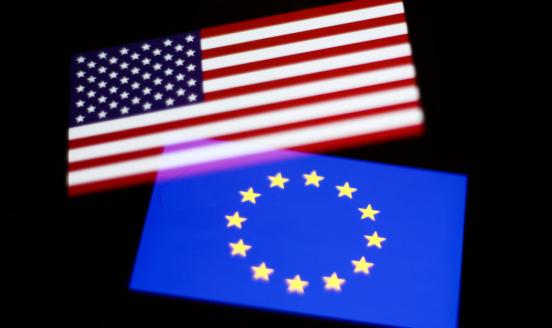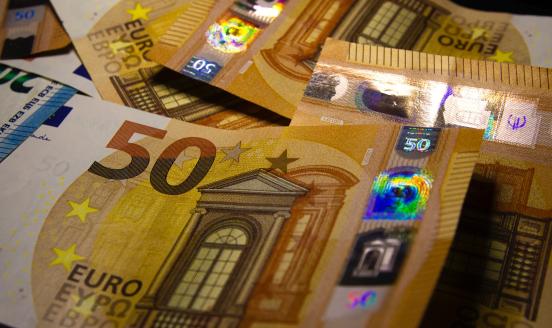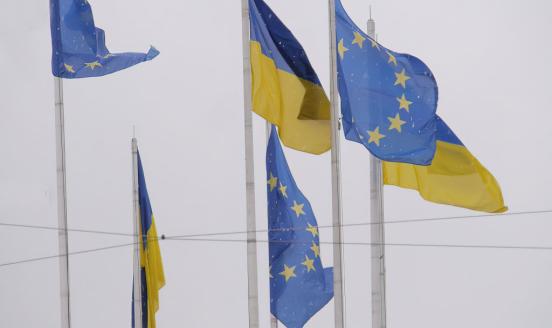Russia's growth problem
After the 2014-2016 currency crisis, Russia’s economy has returned to growth, albeit at a slow pace. In this Policy Contribution, the authors analyse

Between 2014 and 2016, the Russian economy suffered from a currency crisis caused by the collapse of oil prices and the country’s engagement in the conflict with Ukraine. Although the crisis was overcome in the second half of 2016 thanks to prudent fiscal and monetary policies and higher oil prices, economic recovery remains weak and Russia’s medium-term growth prospects look rather disappointing.
The weak growth prospects are caused by several factors including: (i) adverse demographic trends – a declining working-age population and ageing of the population; (ii) a poor business and investment climate; (iii) difficulty in diversifying away from the dominant role of the hydrocarbon sector; (iv) Western sanctions on Russia in response to the annexation of Crimea and Russian support for separatists in the eastern Ukraine Donbas region, and Russian countersanctions.
To increase potential growth, Russia needs comprehensive economic and institutional reforms that, in turn, will be conditioned by political reforms and by improved economic and political relationships with the United States, the European Union and Russia’s neighbours.



